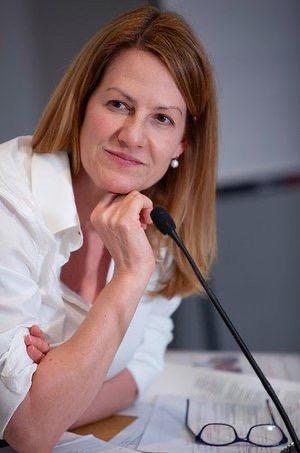
8 minute read
FUTURE PERSPECTIVES
Love Land - a review and an outlook
Love Land - the App was in its original form a board game, designed for Swiss school classes. After Karin Stierlin became aware of the global need for SRH education, she decided to convert the board game into a mobile app to make SRH education globally accessible. She was aware that this conversion required the expert support of various competences, which first had to be found. JP Vuilleumier, Director of the taboobreaker association, Dr. Kate Molesworth, Scientific Advisor of the taboobreaker association and Karin Stierlin recall this phase of the app's development and take a look into its future.
Advertisement
“The first time you heard about the idea of the Love Land app was at a presentation by Karin Stierlin. She was presenting it to an audience of different NGOs in the field of health. What did you think about this idea at that time?”
Dr. Kate Molesworth: ”Karin presented a solution to the global gap in SRH information and skills developpment to enable young people to make sound decisions and protect themselves at a vulnerable time in their life course. The LL app is unique in that it harnesses the global popularity of digital gaming to deliver an engaging learning package directly to young people, regardless of whether they are in school or not. The app and its supporting website, teacher package and geolocation to local youth services is adaptable to any language and country setting and is designed to be dynamically adaptable to new topics over time. The model has the potential for high impact in terms of reducing unwanted pregnancies, HIV infection and early and abusive sexual experiences – sustainably and at low cost. “You have been a Deep Tech Startup Coach for more than twenty years and now you are the director of the taboobreaker association. . What made you join taboobreaker?
JP Vuilleumier: ”From my own personal experience, when I was a young adult, I strongly believe that sexual and reproductive health education is critical although still tabooed globally. The island concept convinced me from the beginning as new islands, topics and languages can be added any time. With an app we can reach
young people globally with ease, as the smartphone penetration is growing exponentially. Finally, as I am reaching my retirement, I decided giving back to society by supporting the taboobreaker………………. association. ”
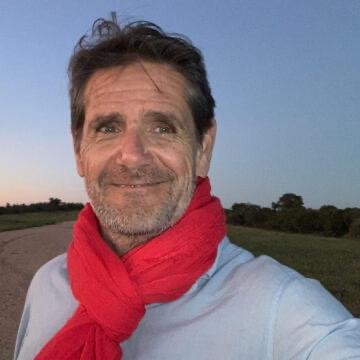
“What made you believe that Love Land has a global potential?”
Karin Stierlin: “In 2014 I got the chance to test Love Land the board game in Indonesia. I was very sceptical whether the concept and content of Love Land could be transferred so easily to young people with a predominantly strict Muslim background. Well, I was wrong: these young people had exactly the same questions as the young people in Switzerland or further European countries with whom I had played Love Land. This experience was a key moment and ultimately led me to make Love Land globally accessible.
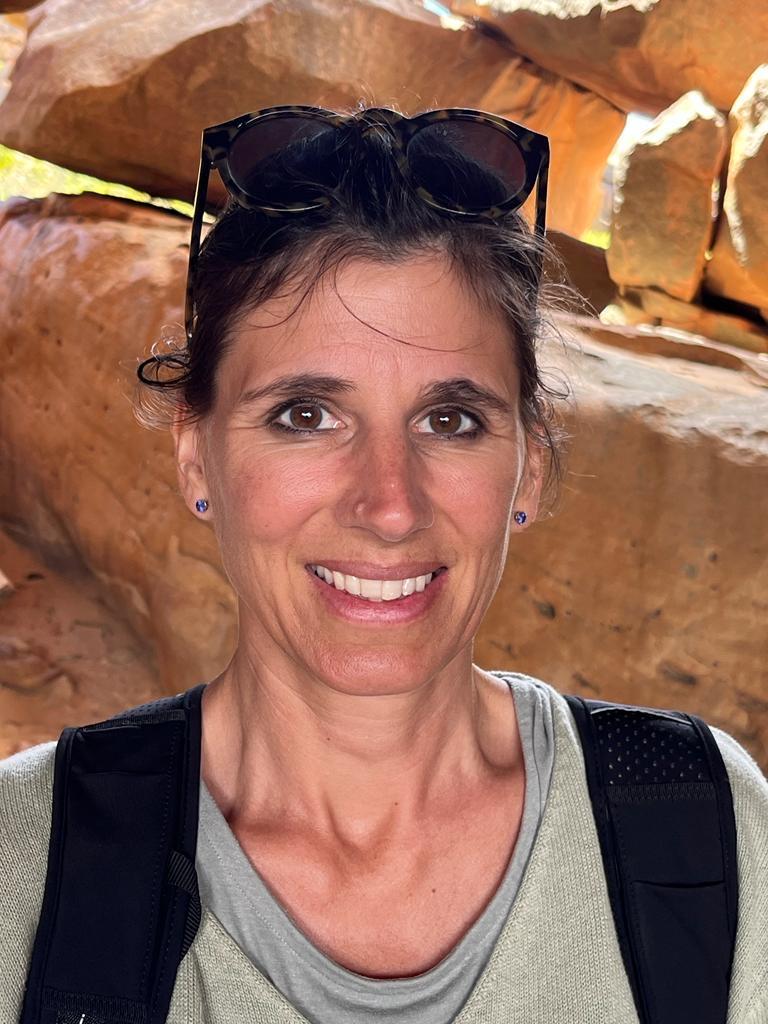
“Why is the Love Land app necessary?”
Dr. Kate Molesworth: ”Because of the highly sensitive nature of sexual and reproductive health and the very different attitudes, approaches, customs, perceptions and practices in different countries, the majority of young people, do not have access to sound information essential to protecting themselves at a time when they are vulnerable to sexual coercion and in an era of freely available pornography. Although UNESCO provides technical guidelines on sexuality education it is designed to assist education, health and other relevant authorities in the development and implementation of sexuality education programmes and materials, not young people, their parents or teachers directly. Very few countries have used UNESCO’s guidance to provide comprehensive sexuality tools for young people. Consequently, the majority of adolescents and youth around the world have no access to tools to support them in developing the skills and information that they need to make sound choices as they start to sexually mature. This places them at risk of sexual abuse, early and unwanted pregnancies and sexually transmitted infections including HIV. All of these have lifelong consequences for their health and development into happy, healthy adults who are able to complete their education and realise their dreams, career and business aspirations. “The majority of adolescents and youth around the world have no access to tools to support them in developing the skills and information that they need to make sound choices as they start to sexually mature.”
“Where do you see the biggest challenges with Love Land in future?”
“Why have you never considered giving up?”
JP Vuilleumier: ”The biggest challenge is to make sure that the app is sustainable, meaning finding a business model that allows us to continue the enhancement of the app, but also to keep it updated. ”
Karin Stierlin: “I have always compared this venture to a desert marathon. I knew from the beginning that the development of Love Land would demand a lot from me: The issue of sexual and reproductive health is a big social taboo and finding funds is correspondingly challenging. What kept me from giving up was the need for a solution like the one we are developing and my big empathy for young people who, in my view, have the right to full sexual
and reproductive health education. And: our team and advisory board are great! Their tireless commitment encourages me every day to keep going.
“Where do you see Love Land in five years?”
Dr. Kate Molesworth: “With adequate funding support, I foresee that the evidence of effectiveness of the Love Land approach will have been established by the University of Cape Town and Oxford research team’s randomized controlled trial. With proven effectiveness, I very much hope that governments, together with public and private partners will support the roll-out the low-cost Love Land package, so that their countries’ youth can become resilient and realise their potential supported by digital selflearning using the app and website, supported by teachers, parents and carers. JP Vuilleumier: ” Hopefully the implementation study of the UCT shows that the app is actually reaching its goals: transferring knowledge, improving communication and decision making skills. Furthermore, that we have found the sustainable business model, have generated millions of young users globally and that the app has become the global standard for sexual and reproductive health education on the planet!
Karin Stierlin: “I see Love Land as a globally leading digital SRH education programme that is constantly evolving with further and current SRH topics. And I wish for each teenager globally to have access to Love Land the app and to benefit most out of it. In addition, I hope that we have been able to build a solid global network with organisations and key players in the field of digital health and SRH education.
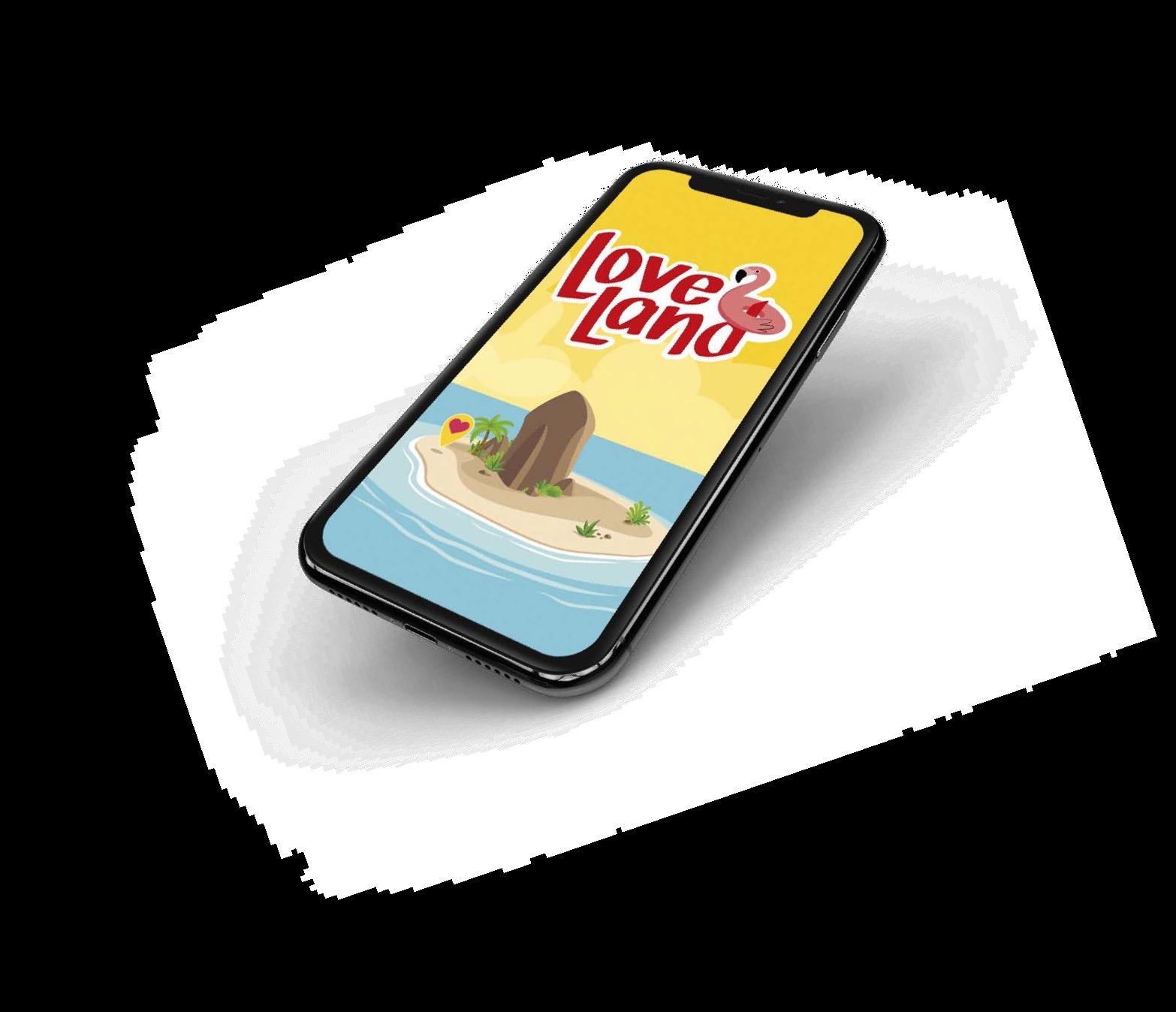
Focusing on a holistic learning approach
As effective sexual and reproductive health education is much more than knowledge transfer, Love Land is based on a holistic learning concept to limit risky behaviour by supporting young people’s self-management, identification of risk and fostering positive choices. Love Land therefor includes a three level concept:
Level one: provision of relevant knowledge.
Level two: promotion of communication skills
Level three: fostering sound decision-making and negotiation skills.
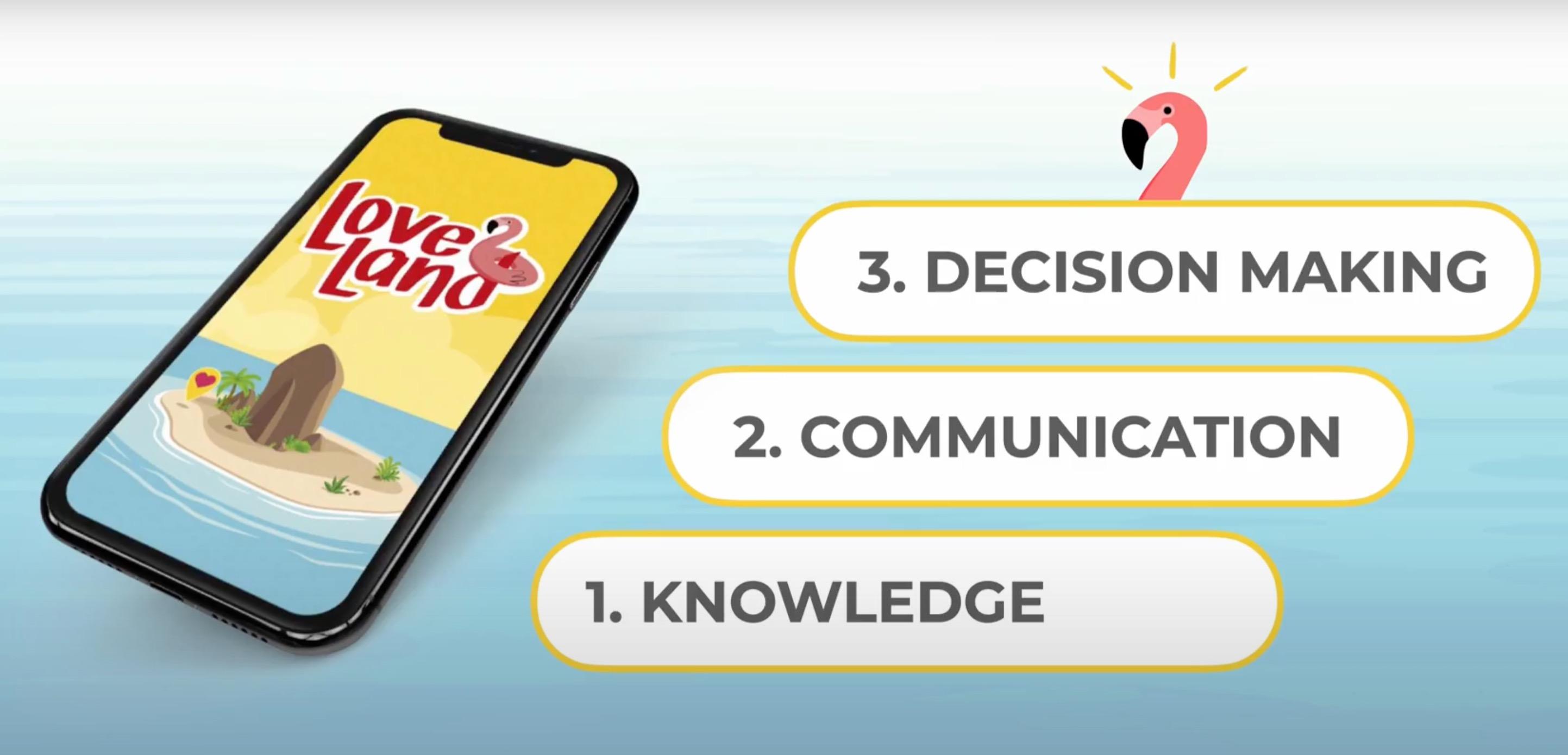
Current and future state of App development
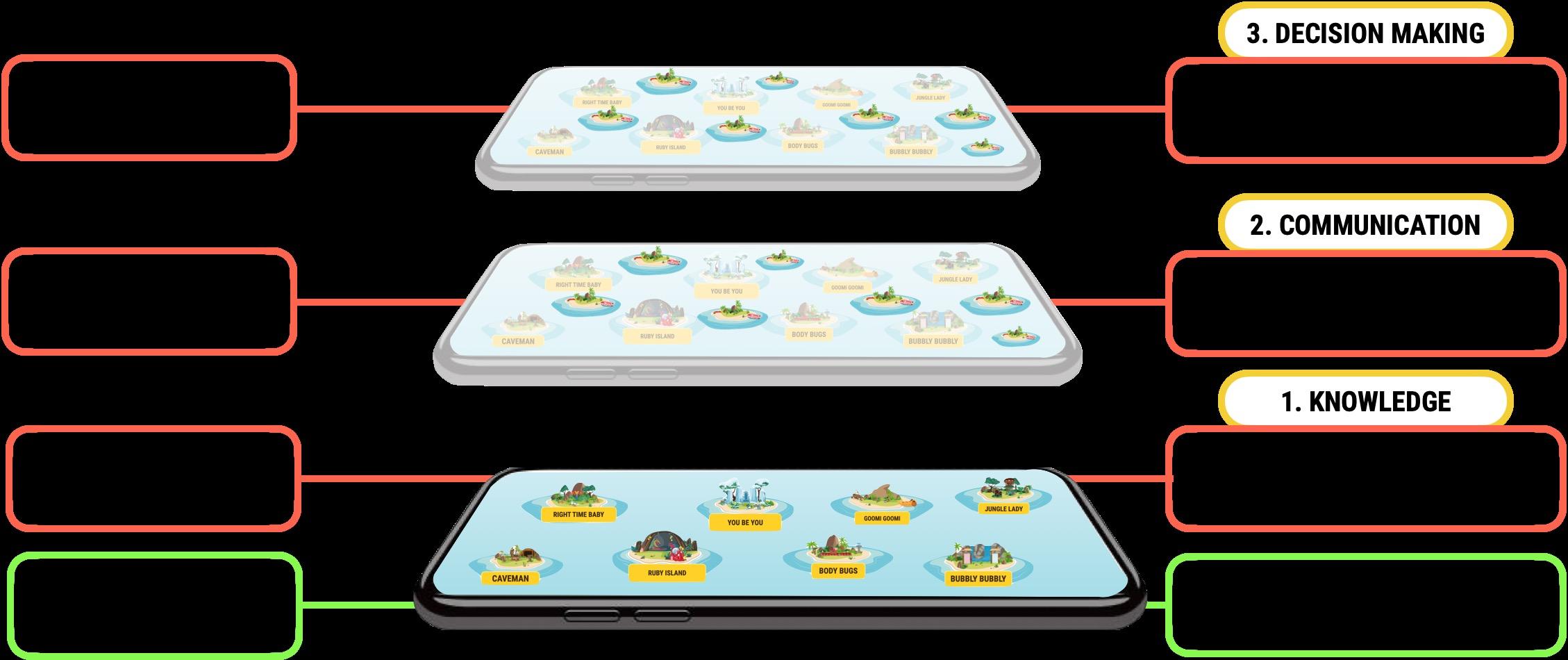
Jungle Lady Island: Female puberty Caveman Island: Male puberty Bubbly Bubbly Island: Intimate hygiene Goomi Goomi Island: Proper condom use Right Time Baby Island: Contraception You-be-You Island: Mental health Body Bugs Island: Sexually transmitted infection prevention Ruby Island: Menstruation
Red ribbon city Island HIV prevention and living with HIV Name to be defined Gender-based and sexual violence prevention Name to be defined Healthy and variety of relationships Name to be defined Potential external risk influence prevention (pornography, social media, peer and drugs) Name to be defined Tolerance towards LGBTIQ and gender diversity Name to be defined Sexuality with physical handicap Name to be defined Values and diversity of sexuality
Development of HIV+ island and Gender-based violence island
Love Land is steadily extended with further topic islands. Currently two more islands are in working progress. The concept of all islands is based on emotional anchors, which are congruent with the theory of change (impact map). The aim of each island is to present knowledge and information in such a way that the player can derive the greatest possible benefit from it and protect himself from risks and unintended consequences. In order to establish a close relationship to the reality of the target user, knowledge and information are embedded in a narrative context. Each draft of island starts with hand painted sketches.
Topic of island: HIV+ Island
Goal of island: Understanding to avoid life-changing infection and reduction of stigma and discrimination
The two islands in a nutshell

Topic of island: Gender- based violence
Goal of island: Violence prevention through risk recognition and reduced by assertiveness and negotiation skills.

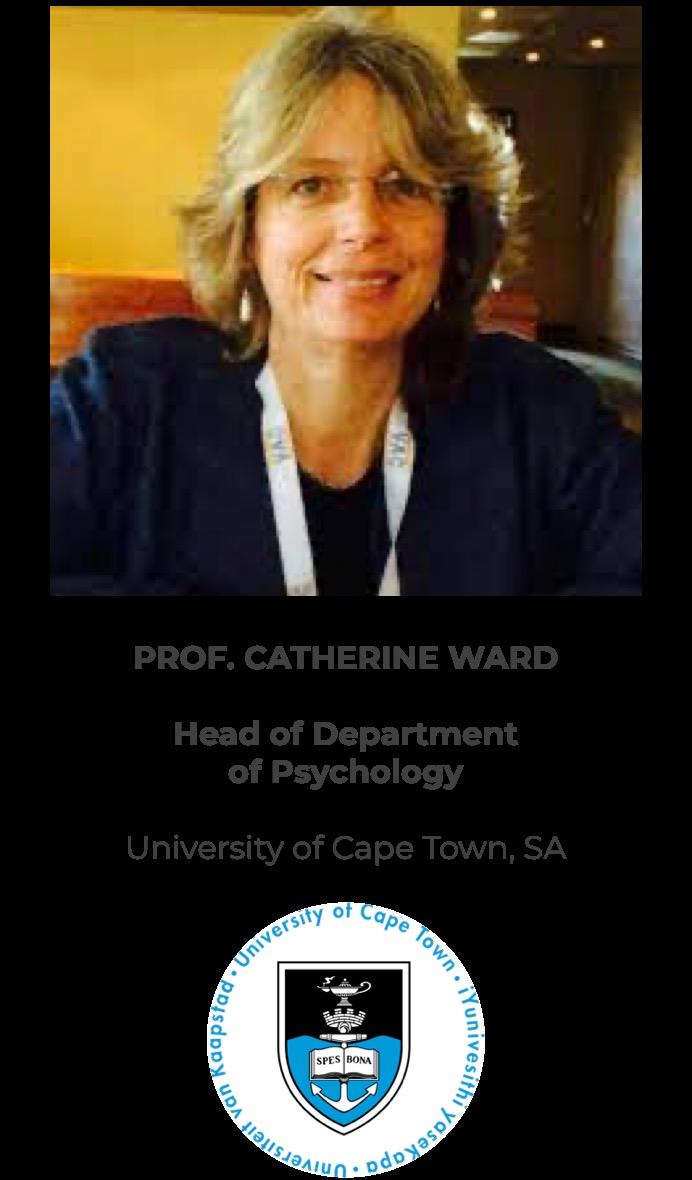
Implementation research with the University of Cape Town
We aim to evaluate the impact of Love Land App on primary and secondary learning outcomes
A dedicated research team of the University of Cape Town, under the leadership of Professor Dr. Catherine Ward, is currently developing a cluster randomised control trial on the effectiveness of the Love Land app in promoting sexual and reproductive health knowledge and behaviour change among young people aged 10-18 years. . The research team consists of experts in clinical psychology and parenting interventions, and maternal and child health from the Departments of Psychology and Sociology at the University of Cape Town, the Centre for Social Science Research at the University of Cape Town, and the Department of Social Policy and Intervention at the University of Oxford.
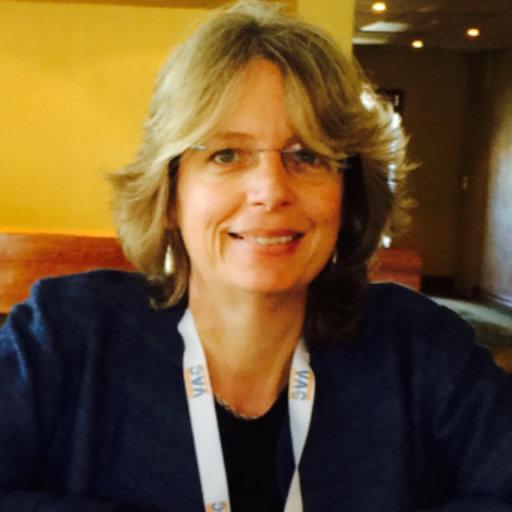
Prof. Dr. Catherine Ward
Head of Department of Psychology University of Cape Town (UCT)
www.uct.ac.za





